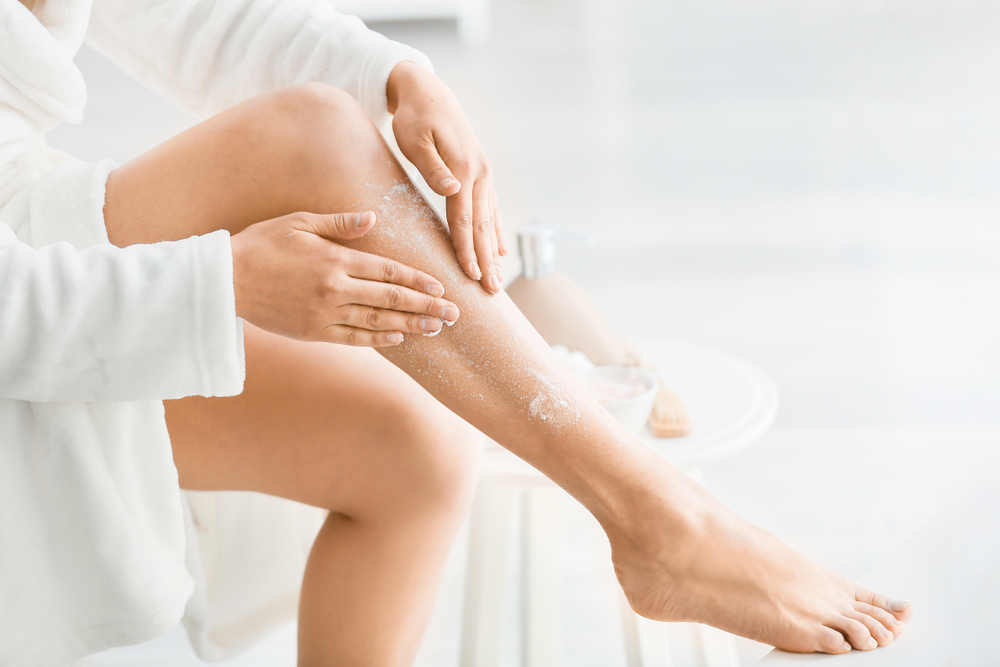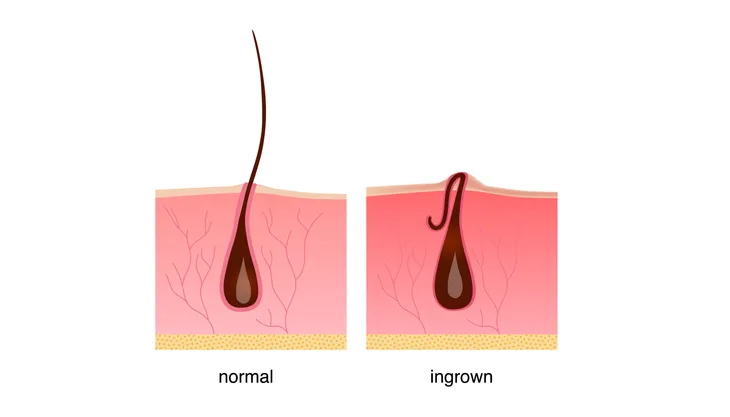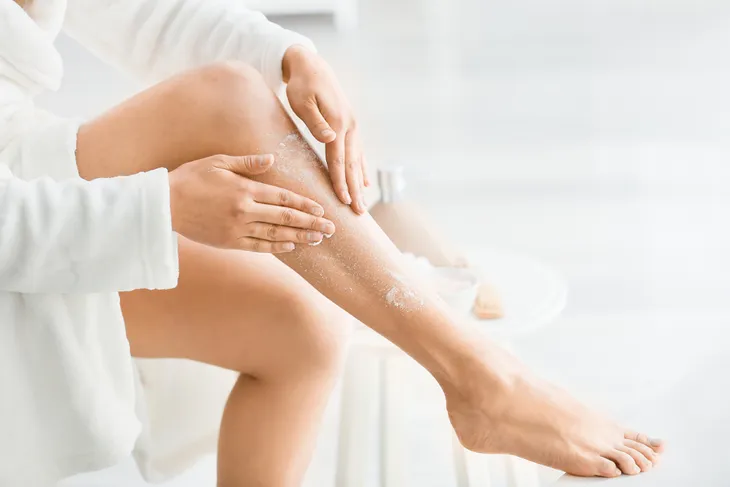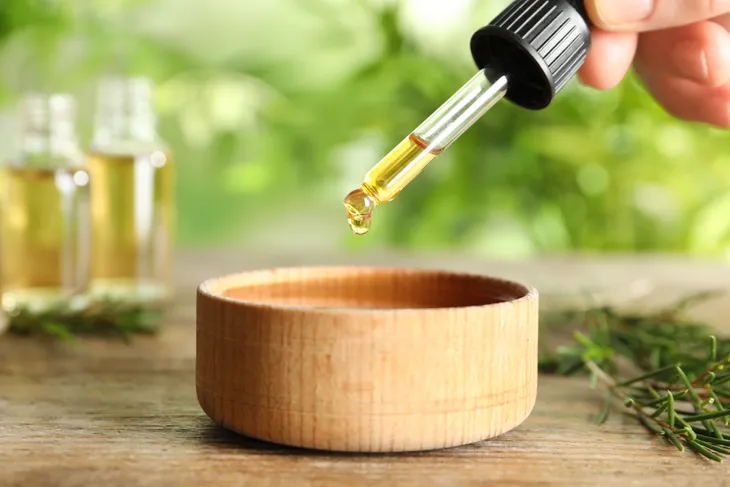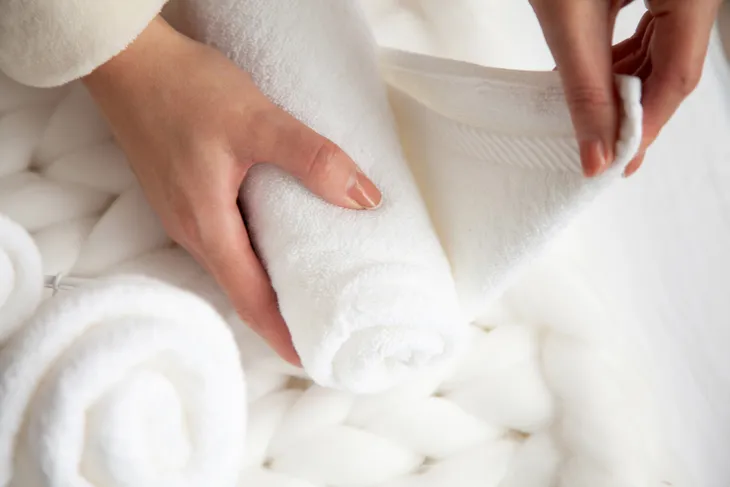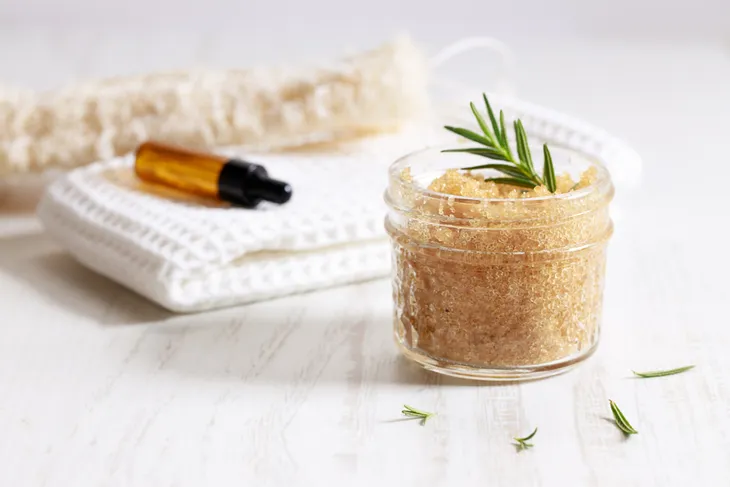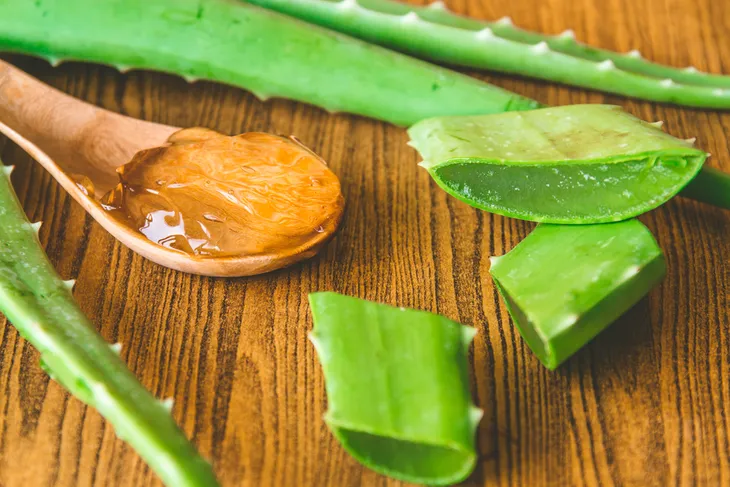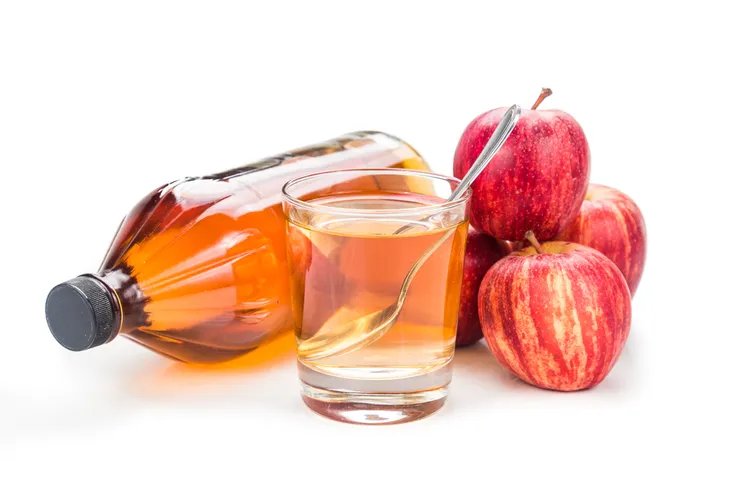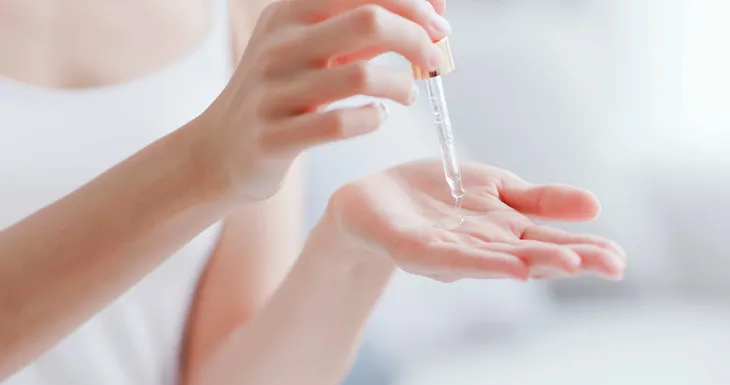- Ingrown hairs develop when the hair follicle curls and grows back into the skin.
- Exfoliating the skin, and applying warm compresses as well as serums and moisturizers may help heal painful ingrown hairs.
- If you’re experiencing frequent ingrown hairs, assess the cause so you can prevent them from developing in the future.
Ingrown hairs are very common. Most of us have likely experienced them and understand how annoying they can be. At best, ingrown hairs cause irritation to the skin but at worst, they can become infected and very painful. Ingrown hairs can cause painful red spots that appear irritated and inflamed. For some people, they can even leave a scar if they’re not properly cared for.
The good news is, there are many effective at-home remedies you can try to help heal those painful ingrown hairs. Some remedies may even help prevent them from developing too. Let’s take a look!
What Is an Ingrown Hair and What Causes Them?
Ingrown hairs can show up in places that experience either a lot of friction from wearing certain types of clothing or in areas where you are shaving such as the arms, legs, face, and neck. When your hair follicle grows, it can start to curl and grow back into the skin resulting in an ingrown hair.
The most common causes of ingrown hairs are expired skin cells clogging up the hair follicle or from repeatedly shaving certain body parts. Whatever the cause may be, let’s go through 8 at-home remedies to provide you relief from the pain and discomfort of ingrown hairs.
Exfoliate Your Skin
Yes, this strategy is more of a prevention measure, however, it will greatly help you reduce the chances of developing ingrown hairs in the future. Exfoliation is also great for your skin in general.
By exfoliating your skin, you are removing expired skin cells and excess oil from your skin which can clog your hair follicles and result in ingrown hairs. For optimal results, exfoliate your skin daily as a part of your skincare routine.
Tea Tree Oil
This type of oil can be found in almost every acne product as it’s anti-inflammatory in nature. But Healthline points out, tea tree oil can help ingrown hairs in three ways including preventing them, healing them, and preventing infection.
To use tea tree oil as preventative care against ingrown hairs, the source recommends mixing 8 drops of tea tree oil with 1-ounce of shea butter. Apply the mixture to your skin daily to prevent ingrown hairs and to keep the skin moisturized.
When using the oil to heal an ingrown hair, the source says to combine 20 drops of oil with 8-ounces of distilled water. Dip a clean cloth in the mixture, ring it out, and apply the cloth to the affected area. Repeat this process twice daily (once in the morning, and once at night).
Warm Compress
Ingrown hairs can be painful. Luckily, a warm compress can help soothe irritated spots. It can also help soften the top layer of your skin to help release ingrown hairs.
Create a warm compress by dipping a towel into warm water. Ring out any excess water from the towel and apply it to the ingrown hair (gently). This natural remedy can be repeated as many times as you feel necessary.
Try a Sugar Scrub
Sugar scrubs help to exfoliate dead skin cells and unclog pores helping you manage ingrown hairs. Making a sugar scrub at home is easy too!
Simply combine 1-cup of sugar with a teaspoon of olive oil and a few drops of tea tree oil. Apply the paste to the affected area using a moist towel or cotton ball and scrub gently in a circular motion for around 1-minute. Rinse with warm water and pat dry.
Apply Aloe Vera
Aloe vera is a very common houseplant that has many healing properties. Simply break off a small piece and apply directly to the ingrown hair and surrounding skin.
The minerals and nutrients in this plant will help to soothe your irritated skin and help prevent scarring. If you don’t have access to an aloe vera house plant, head to the shops and pick up an aloe vera based cream.
Apple Cider Vinegar
Apple cider vinegar seems to be the latest health tip these days and rightfully so. It has many numerous uses to help improve your health.
With ingrown hairs, apple cider vinegar can act as an antibacterial agent helping to unclog your pores enabling the ingrown hair to grow in the correct direction. To use this remedy, soak a cotton ball in ACV and dab it on the affected area.
Oil-Based Serums
If you have sensitive skin, some of the scrubs mentioned above such as a sugar scrub will leave your skin feeling irritated. If this is the case, opt for a gentler treatment such as oil-based serums.
You can try chemical-based products from the pharmacist, or you can create your own natural oil-based blends.
Wear Loose-Fitting Clothes
When you have an ingrown hair, it’s typically best to stick with loose-fitting clothes. Wearing tight clothes can increase the amount of friction over an ingrown hair adding to its irritability and discomfort.
If you’re experiencing frequent ingrown hairs, it’s time to look at what may be causing them. Perhaps you can consider waxing versus shaving as waxing typically leads to slower re-growth of the hair follicle and fewer ingrown hairs. If you prefer to stick with shaving, carefully select the best razor and shaving cream for your skin type. It’s been found that single-blade razors work best for decreasing the chances of developing ingrown hairs.
